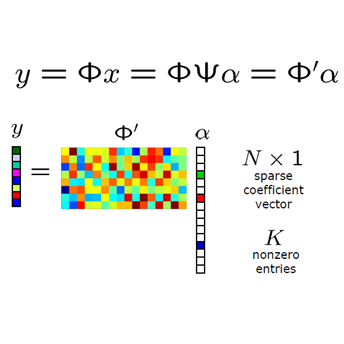Group testing (GT) is the Boolean counterpart of compressed sensing and the marketplace of new ideas for related problems such as cognitive radio and heavy hitter. A GT scheme is considered good if it is nonadaptive, uses $O(k \log n)$ tests, resists noise, can be decoded in $O(k \operatorname{poly}(\log n))$ time, and makes nearly no mistakes. In this paper, we propose "Gacha GT", an elementary, self-contained, and unified randomized scheme that, for the first time, satisfies all criteria for a fairly large region of parameters, namely when $\log k < \log(n)^{1-1/O(1)}$. Outside this parameter region, Gacha can be specialized to outperform the state-of-the-art partial-recovery GTs, exact-recovery GTs, and worst-case GTs. The new idea that runs through this paper, using an analogy, is to ask every person to break her $9$-digit "phone number" into three $3$-digit numbers $x$, $y$, and $z$ and write $(b, x)$, $(b, y)$, and $(b, z)$ on three pieces of sticky notes, where $b$ is her "birthday". This way, one can sort the sticky notes by birthday to reassemble the phone numbers. This birthday--number code and other coded constructions can be stacked like a multipartite graph pyramid. Gacha's encoder will synthesize the test results from the bottom up; and Gacha's decoder will reassemble the phone numbers from the top down.
翻译:暂无翻译




